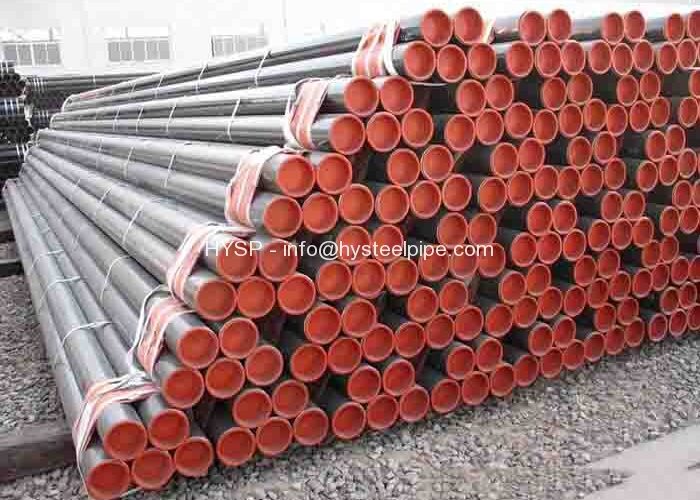By Bloomberg News Apr 11, 2014 8:52 AM GMT+0800
China’s slowing economy and tougher government anti-pollution efforts are taking a toll on its steel mills, rattling the world’s biggest producer of the alloy and flashing worries of a potential downturn in the globaliron-ore trade.
The result is 2 percent of steel-making capacity will be eliminated this year, according to Mysteel.com, China’s largest industry researcher. At the same time, steel output will slow to a growth rate of 3 percent, from 7.5 percent in last year, Mysteel said.
The biggest losers may be older, private mills the government considers to be both inefficient and some of the greatest sources of foul air that is causing outrage throughout the nation. Premier Li Keqiang declared war on pollution at the nation’s top legislature in March, sending a signal that the state isn’t willing to continue to sacrifice clean air for rapid growth.
As smaller mills are squeezed out, bigger ones including Baosteel Group Corp. and Wuhan Iron & Steel Group will win market share, Moody’s Investors Service said on April 3.
“The government aims to wash out small, polluting producers and it wants a reshuffle of the steel industry,” said Hu Muzhong, general manager of Central Minerals in Hong Kong, who has traded iron ore for more than two decades.
The anti-pollution moves “will drive consolidation towards more efficient steelmaking capacity in China,” Mike Henry, president of BHP Billiton Ltd. (BHP)’s marketing and technology unit, said in February.
Growth Target
China last month set a 7.5 percent target for economic growth in 2014, the same target as last year and lower than actual expansion of 7.7 percent in 2013. There’s already concern that target will be missed. The nation’s exports and imports unexpectedly fell in March, while two manufacturing gauges released April 1 pointed to weakness in the economy last month.
Industry observers are watching to see if the consolidation in an industry that produced about 50 percent of the world’s crude steel in February could upset commodities markets from Brazil to Australia as demand slows for raw materials including iron ore to feed those mills. China is the top buyer of iron ore, the key steelmaking ingredient, consuming 72 percent of global imports of ore delivered by ship.
Send Enquiry Now
- 168#, Miao Qian Xi Jie, Yue Xiu District, Guangzhou, China
- ENQUIRY@HYSTEELPIPE.COM
- CONTACT US HERE !
New Products

ASTM A335 Grade P22 Alloy Pipe Steel 3inch SCH120
HYSP supplies high quality ASTM A335 Grade P22 Alloy Pipe Steel and tube 3inch SCH120 for high pressure and temperature applications.
ERW Steel Tubing 12inch ASTM A53 B
HYSP Steel Pipe supply you ERW Steel Tubing 12inch ASTM A53 B SCH40 or API 5L ERW steel pipes for your gas and oil line pipe or water pipes application.
API 5L B ERW Steel Tube OD 426MM
HYSP makes API 5L B ERW Steel Tube OD 426mm x 9.53mm WT DRL for your applications like gas and oil line pipe. we can customize size and steel grade per request.
L235 ERW Pipe EN10224 OD 323.9mm
HYSP steel pipe makes L235 ERW Pipe EN10224 OD323.9mm steel tubes for the conveyance of water and other aqueous liquids. we also produce as required size.
